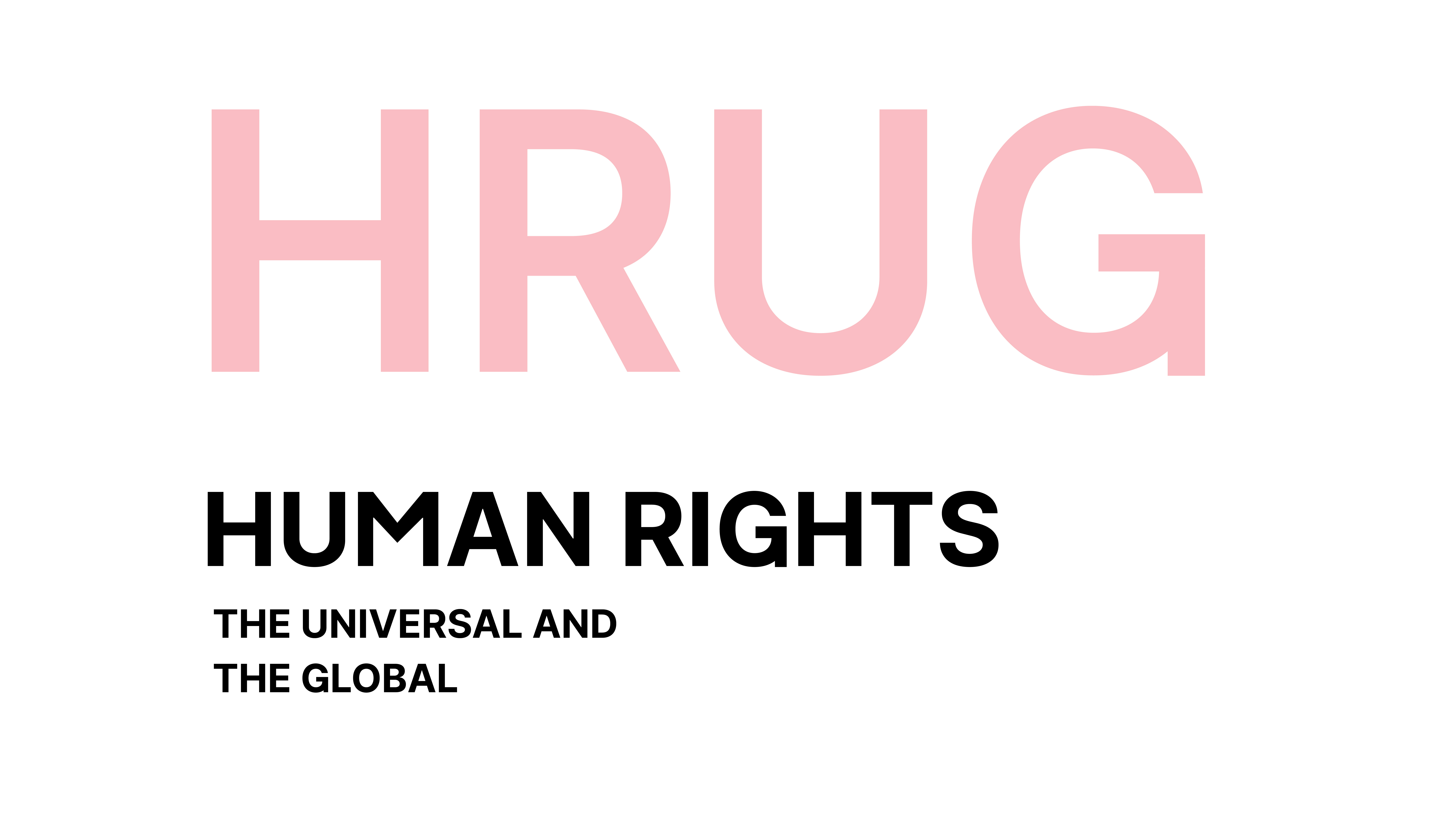On August 30, 2024, the HRUG regular seminar on “In the Contemporary Context: The Essence of the Concept of Human Rights” was successfully held. This seminar was chaired by Professor Peter Herrmann (a researcher of CSU Human Rights Center). Mehmet Okyayuz (a professor of political science at Middle East Technical University, Turkey), and three teaching assistants — Batuhan Parmaksiz、Veli Can Çınar and Sultan Sadaka (Faculty of Political Science and Public Administration, Department of Political Science, Social Sciences University of Ankara) participated in the discussion. They surrounded the nature of the concept of human rights to explore issues.
The seminar focused on the essence of “human” and people’s fundamental rights, digging out the definition of human and the rights he/she is entitled to, and further exploring the close connection between rights and duties/obligations. Professor Mehmet Okyayuz pointed out that the human rights debate is becoming politicized and socialized. Despite the concrete actions embedded in the human rights narratives, we still need to face the challenge of moralization. Taking Germany’s apology for the Holocaust as an example, he emphasized that attitudes alone, without actual political initiatives, do not constitute real action. So he called for human rights statements to be aligned with concrete political measures. The current reduce of substantive political initiatives in the global human rights narrative has led to a gap between the promotion and practice of the values of the “free Western world”. As the number of specific human rights violations decreases, the moral debate increases. It is necessary to bridge the gap between rhetoric, apologies and actual action by exploring aspects of the social environment, political demands and material conditions.
Batuhan Parmaksiz argued that the exercise of human rights is susceptible to constraints imposed by socioeconomic factors, thus putting forward a series of questions: what is the biggest problem in the human rights debate today? How to overcome the problem? What are concrete measures that could be taken?
Veli Can Çınar responded to the above questions and presented her views. She focused on the fundamental problems in the practice of human rights, especially the challenges of law’s implementation. Taking Turkey as an example, she explained the specific dilemmas of current human rights protection, noting that not only human rights law but also other laws such as civil law face difficulties in implementation. She believed that the field of human rights suffers from an over-moralization of values and universal concepts. In order to overcome those dilemmas, it is important to go back to basic steps, to question the implementation of the law, to stop idolizing human rights concepts and finally to focus on their concrete practice in terms of the protection of human beings and law. Minor violations, such as the lack of basic livelihood security for released persons, as well as problems from law enforcement are prevalent in Turkey and the gradual adaptation of society to these human rights violations constitutes a crisis of adaptation. Therefore, these seemingly minor but widespread human rights violations should be addressed first as a starting point for improving the human rights situation.
Prof. Peter Herrmann insisted that the definition of human rights violations is relative and historically dynamic, with significant differences across historical periods, regions and social groups. He illustrated the evolution of the concept of human rights through historical examples. He proposed that even in contemporary times, the perception and practice of human rights are still influenced by a variety of factors, including political and economic factors.
In the evaluation part, Prof. Mehmet Okyayuz raised questions about migration and human rights. That is, what is missed or what needs to be improved in terms of human rights policies dealing with migration? As a migrant and alternative family worker, Sultan Sadaka argued that there are clear problems in the current relationship between human rights and migration policies. The main issue is that policy-making is often not based on human rights, but rather is influenced by popular perceptions, social media and misinformation. In the field of child care in particular, policies should more center on the best interests of children rather than merely seeking numerical success or conformity with traditional family values (family formation). In addition, the influence of social media on government departments and on the policy-making process as a whole is a concern. The right decisions should not always be subject to outside pressures.
